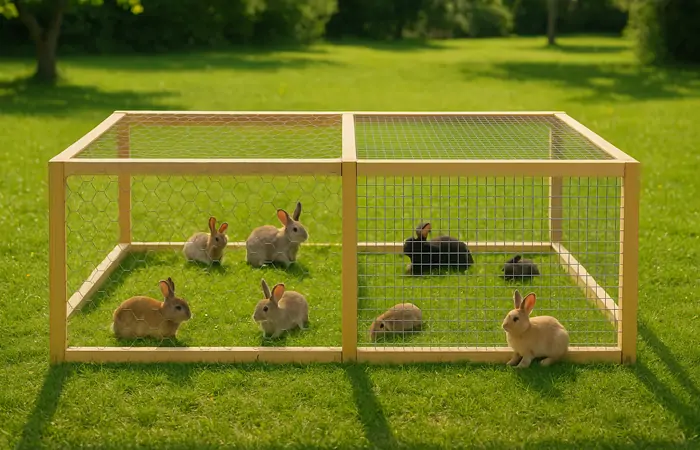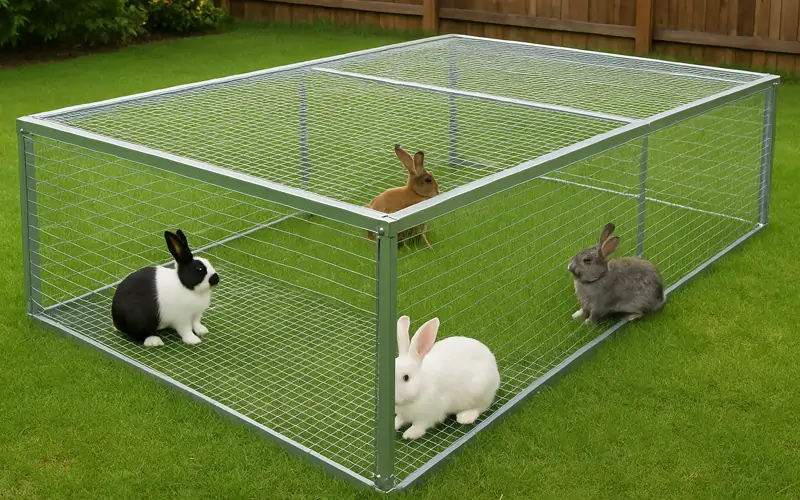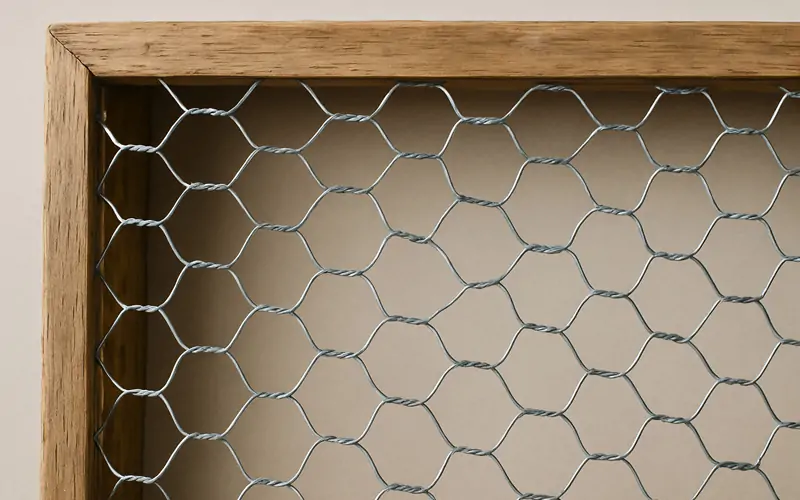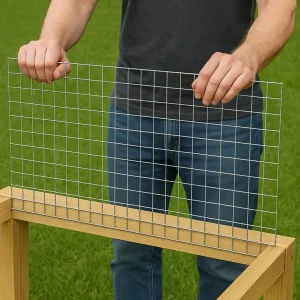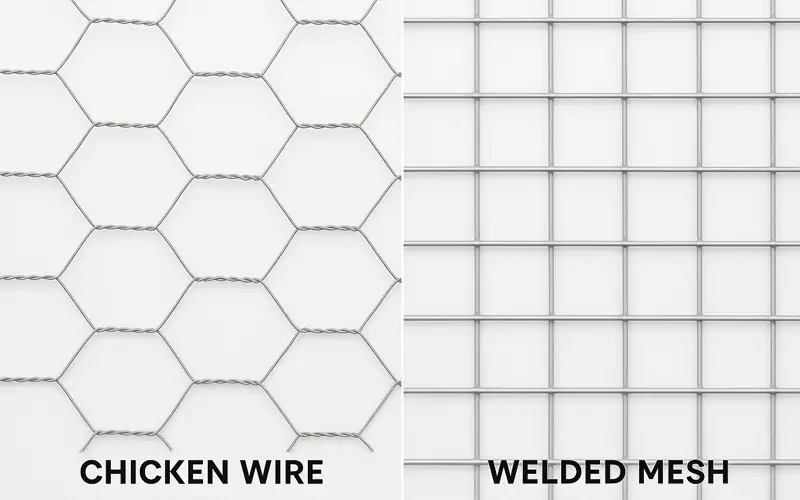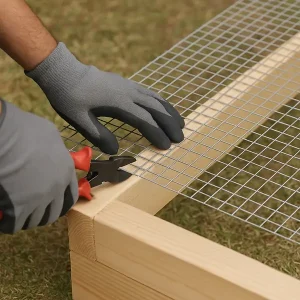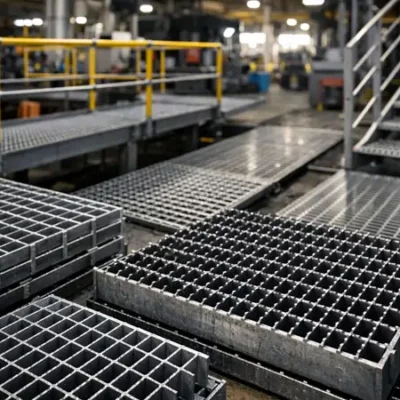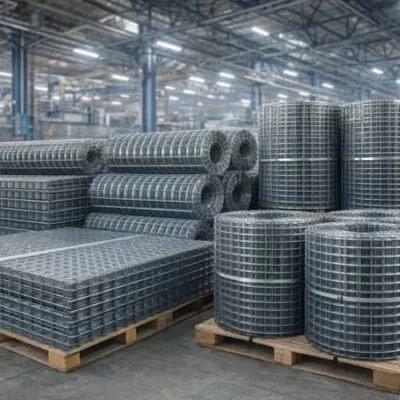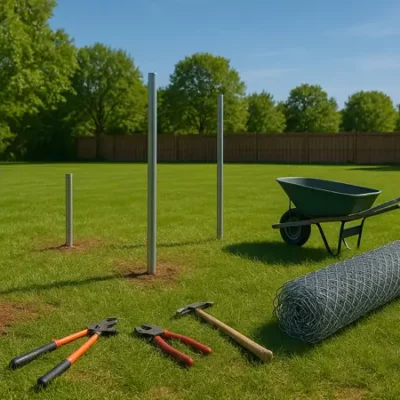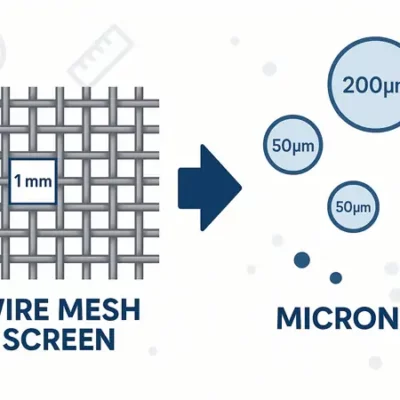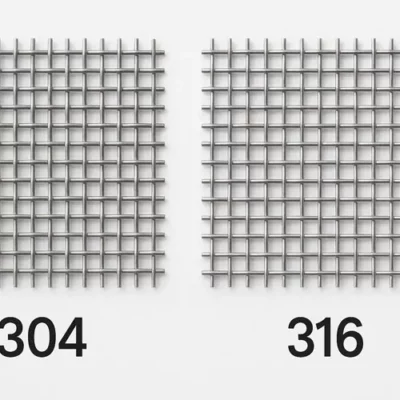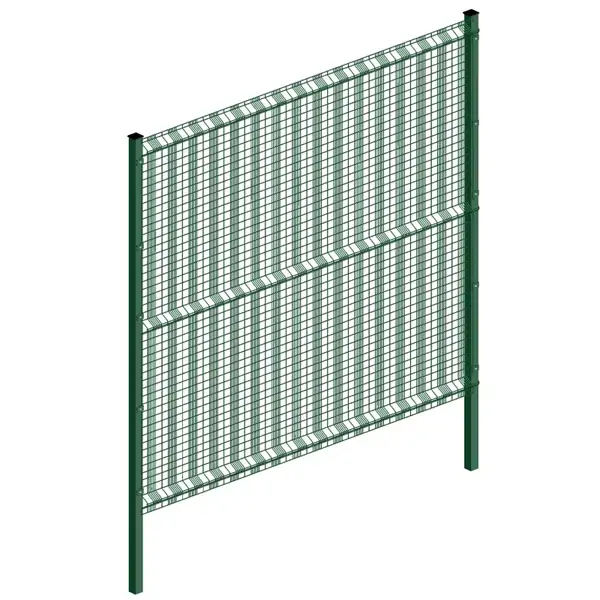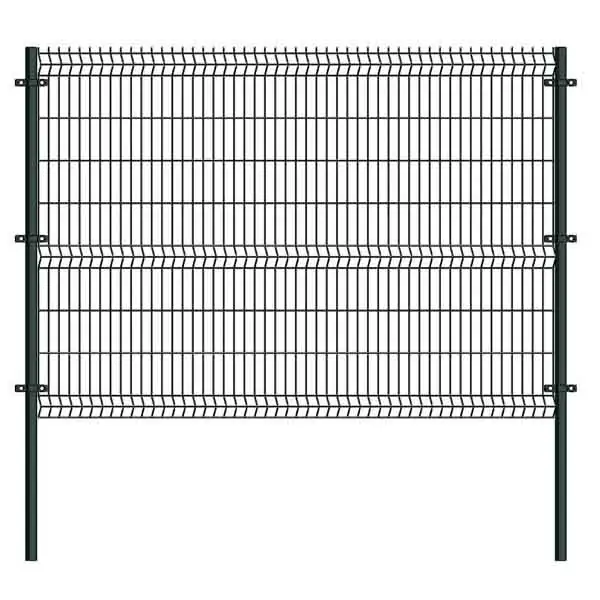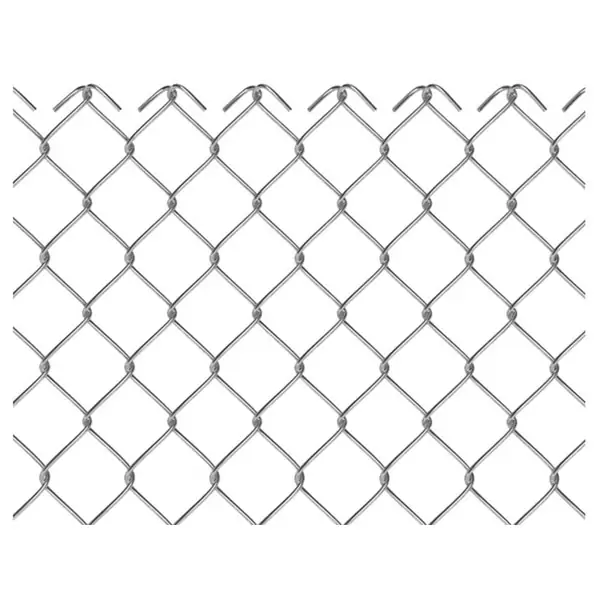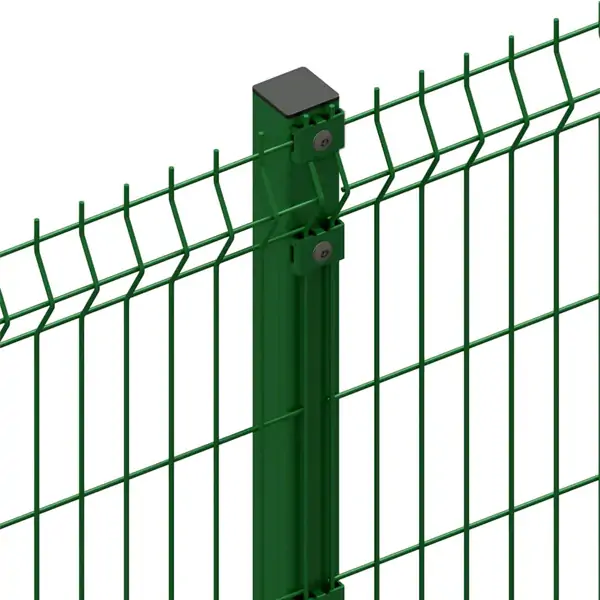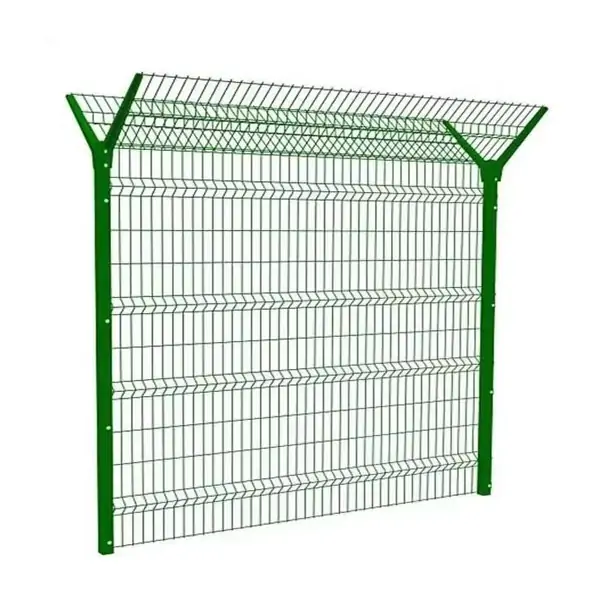Table of Contents
ToggleIntroduction
When it comes to building a secure and comfortable outdoor space for your rabbits, the choice of mesh material is more important than many realize. Chicken wire and welded mesh are the two most commonly used options, each with its own pros and cons. This comprehensive guide will walk you through everything you need to know—from safety and durability to installation and cost—so you can confidently choose the best material for your DIY rabbit run in 2025.
Why the Right Mesh Matters for Rabbit Runs
Rabbits are intelligent, curious, and vulnerable creatures. A well-designed rabbit run keeps them safe from predators, prevents escapes, and ensures proper ventilation and space to roam. Choosing the right mesh affects:
Your rabbits’ safety and comfort
The structure’s durability and longevity
Your budget and ease of installation
What is Chicken Wire?
Definition & Common Applications
Chicken wire is a thin, flexible mesh made from galvanized steel with a hexagonal pattern. Originally designed for poultry fencing, it has been widely adopted in gardening, small animal enclosures, and lightweight fencing projects.
Pros of Using Chicken Wire for Rabbit Runs
Inexpensive and widely available
Lightweight and easy to shape
Good for temporary or decorative enclosures
Limitations and Safety Concerns
Not strong enough to resist predators like foxes or raccoons
Can rust over time, especially if coating wears off
Easily chewed through by persistent rabbits
What is Welded Wire Mesh?
Definition & Structural Features
Welded wire mesh is composed of thicker steel wires arranged in a square or rectangular grid and welded at each intersection. It is rigid, strong, and suitable for structures requiring more support.
Advantages for Rabbit Runs
Superior strength and chew resistance
Offers higher protection against predators
Durable and long-lasting in outdoor environments
Cost and Long-Term Performance
While more expensive upfront than chicken wire, welded mesh often outlasts cheaper alternatives by several years, reducing maintenance and replacement costs.
Chicken Wire vs Welded Mesh – Full Comparison Table
| Feature | Chicken Wire | Welded Mesh |
|---|---|---|
| Material | Thin galvanized steel | Thick galvanized or PVC-coated steel |
| Pattern | Hexagonal weave | Square or rectangular grid |
| Strength | Low | High |
| Chew Resistance | Low | Excellent |
| Predator Protection | Minimal | Excellent |
| Ease of Installation | Very easy | Moderate |
| Cost | Low | Moderate to High |
| Best For | Temporary or low-risk setups | Permanent, secure enclosures |
Real-World Considerations When Choosing Mesh
Location and Climate
In damp or rainy environments, rust resistance is essential. Welded mesh with PVC coating performs best.
In urban areas, predator risk may be lower, making chicken wire a viable option for supervised use.
Rabbit Behavior
If your rabbits are known chewers or diggers, chicken wire may not hold up. Welded mesh prevents escape and damage.
Visual Appeal
Chicken wire is less noticeable and blends into garden spaces, while welded mesh offers a more industrial, secure look.
Installation Tips for DIY Rabbit Runs
Tools You’ll Need
Wire cutters
Heavy-duty gloves
Staples or U-nails
Wooden or metal frame
Pliers or mesh bender for sharp edges
Installation Advice
Always bury at least 6–12 inches of mesh underground to prevent digging escapes.
Secure mesh tightly to prevent gaps.
Cover sharp edges with plastic trim or fold mesh inward.
YESON’s Wire Mesh Machines for Builders and Suppliers
If you’re looking to produce or source mesh materials at scale, YESON offers reliable industrial solutions:
Wire Mesh Welding Machines
Suitable for producing various welded mesh sizes
Fast, automated, and precise for consistent quality
Chicken Wire Mesh Machines
Efficient machines designed to produce traditional hexagonal chicken wire
Ideal for manufacturers and wholesale suppliers
FAQs – Choosing the Right Mesh for Your Rabbit Run
Q: Can rabbits chew through chicken wire?
Yes, especially if they are determined or bored. It’s not ideal for unsupervised use.
Q: What’s the safest mesh size for rabbits?
For welded mesh: 1/2 inch x 1 inch or smaller is ideal. For chicken wire: 1 inch hex is the minimum.
Q: Is welded mesh too expensive for a DIY project?
Not necessarily. It costs more upfront but saves on repairs and replacements long term.
Q: Which mesh type lasts longer outdoors?
Welded mesh, especially when PVC-coated, can last over a decade with minimal rusting.
Conclusion: Which Mesh Should You Choose?
If your priority is security, durability, and peace of mind, welded mesh is the clear winner for most rabbit owners. However, chicken wire may suffice for temporary, low-risk enclosures or supervised outdoor time.
To summarize:
Choose welded mesh for long-term outdoor runs, high predator areas, or escape-prone rabbits
Choose chicken wire for budget builds or decorative, short-term use
Both materials have their place—your choice depends on your rabbits’ needs, your environment, and your project goals.

